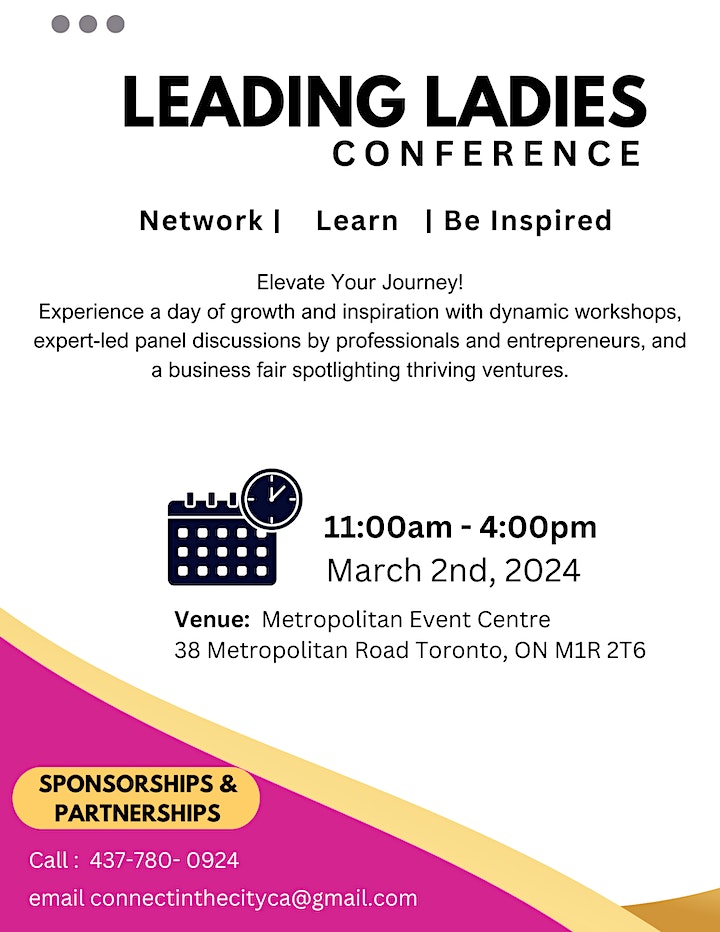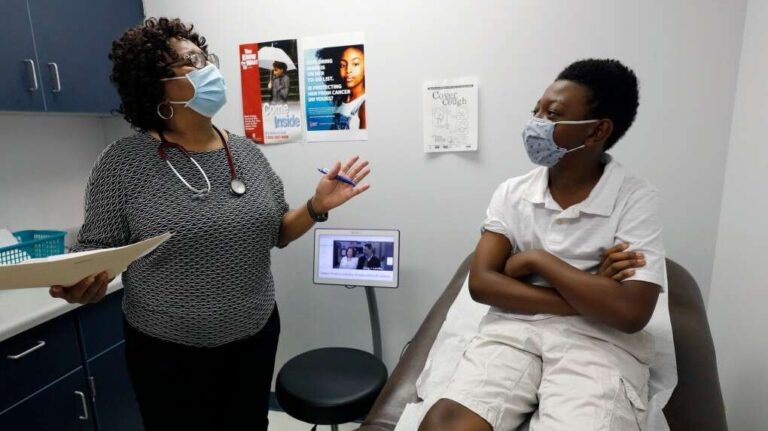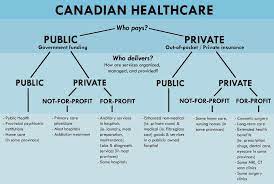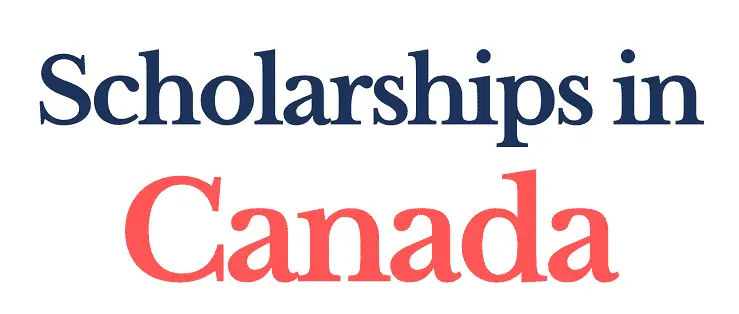Get ready to mark your calendars for an event that’s set to ignite inspiration and foster empowerment among women across the nation. The Leading Ladies Connect is ecstatic to unveil the much-anticipated Leading Ladies Conference 2024. This isn’t just any conference—it’s a vibrant celebration of female leadership, a powerful platform for personal and professional growth, and an unparalleled opportunity to forge meaningful connections.
Event at a Glance:
Date: Saturday, March 2nd, 2024
Time: Starting at 11:00 am
Venue: Metropolitan Event Center, 38 Metropolitan Road, Toronto, ON

The Leading Ladies Conference 2024 promises a day filled with enriching discussions, networking opportunities, and a showcase of businesses led by visionary women. From 11:00 am to 12:30 pm, enjoy engaging talks from renowned speakers and industry trailblazers. These sessions are designed to empower and motivate, offering fresh perspectives on leadership and entrepreneurship.
The afternoon will transition into a dynamic business fair from 12:30 pm to 4:00 pm, featuring 40 exhibitors. The Leading Ladies Conference 2024 is a great chance to network, discover and celebrate female entrepreneurship.
Joining the Leading Ladies Conference 2024:
For those eager to immerse themselves in this empowering experience, access to all sessions is available for a nominal fee of $55. Additionally, businesses looking to gain visibility and connect with like-minded individuals can secure a vendor spot for $215, promising exposure and engagement throughout the day.
How to Participate:
Payment Options: Secure your spot via Interac at connectinthecityca@gmail.com or through our Eventbrite link.
Discount Code: Apply the code LEADINGLADIES for an exclusive discount.
Spotlight on Our Esteemed Speakers for the Leading Ladies Conference 2024
Dive into a day of inspiration at the Leading Ladies Conference 2024, where our distinguished speakers are set to illuminate the path to empowerment and success. Let’s introduce the visionaries who will be sharing their insights and stories:
Keynote Speaker: Patricia Bebia Mawa
Patricia is the Executive Vice President of Silver Trust Media and Afroglobal Television. She is a well-known leader and inspiration in media, and also hosts the show Planet Africa.Her personality shines through in her dynamic hosting style, making her a role model for others.
Our Panelists:
Tife Soloye: A dynamic force in the tech industry, Tife is a digital creator and partnership specialist. She brings a wealth of knowledge in communication and business development strategies.
Abimbola Akinnuoye: Abimbola is the person behind Leading Ladies Connect, a businesswoman and community leader who aims to empower women by building a community and fostering meaningful connections.
Maryam Muritala: Maryam is a law expert specialising in Business, Technology, and Intellectual Property. She founded Canada Vendors, a company that offers legal assistance to entrepreneurs.
Edwina McKennon: Edwina hosts the Move Her Forward Podcast, where she shares her insights and experiences of transitioning from the insurance industry to the field of AI. She is at the forefront of technological innovation and is passionate about sharing her journey with others.
Sharana: Sharana is a woman who helps other women achieve their dreams. She inspires them to be confident and brave, and she embodies the spirit of transformation and empowerment.
Sue Chambers: Sue is a financial expert based in Toronto who specialises in investments, life insurance, and group benefits. She is passionate about empowering women and entrepreneurs to take control of their finances.
Amanda J. Samuels: Amanda is an event production expert with a talent for creating meaningful and impactful experiences. Her events are memorable and transformative, leaving a lasting impression on those who attend.
Keisha Bailey: Keisha is the CEO of Profit Jumpstarter. She has extensive experience in finance and aims to educate and build wealth. Her mission is to empower people financially.
Natania: Natania is a business coach and digital marketer passionate about guiding others through digital marketing and business journeys. She is well-known for her entrepreneurial spirit and dedication to helping people achieve their goals.
Each speaker brings a unique perspective from their personal journey and professional achievements. They promise to enrich the conference with their knowledge, experience, and passion for empowering women. Join us to connect, learn, and be inspired by these leading ladies shaping the future.
Stay Connected:
If you have any inquiries or are interested in sponsorship opportunities or partnerships, please get in touch with the Leading Ladies Connect Events team at 437-780-0924. For continuous updates on the Leading Ladies Conference 2024, follow the journey on Instagram @leadingladiesconnect.
The Leading Ladies Conference 2024 is more than just an event; it’s a movement to empower women and enrich connections. We’re excited to welcome you to this transformative day, where we will celebrate, learn, and grow together.
Join us at the Leading Ladies Conference 2024 and be a part of a community that uplifts and inspires. Together, let’s make it an unforgettable experience. See you there!






